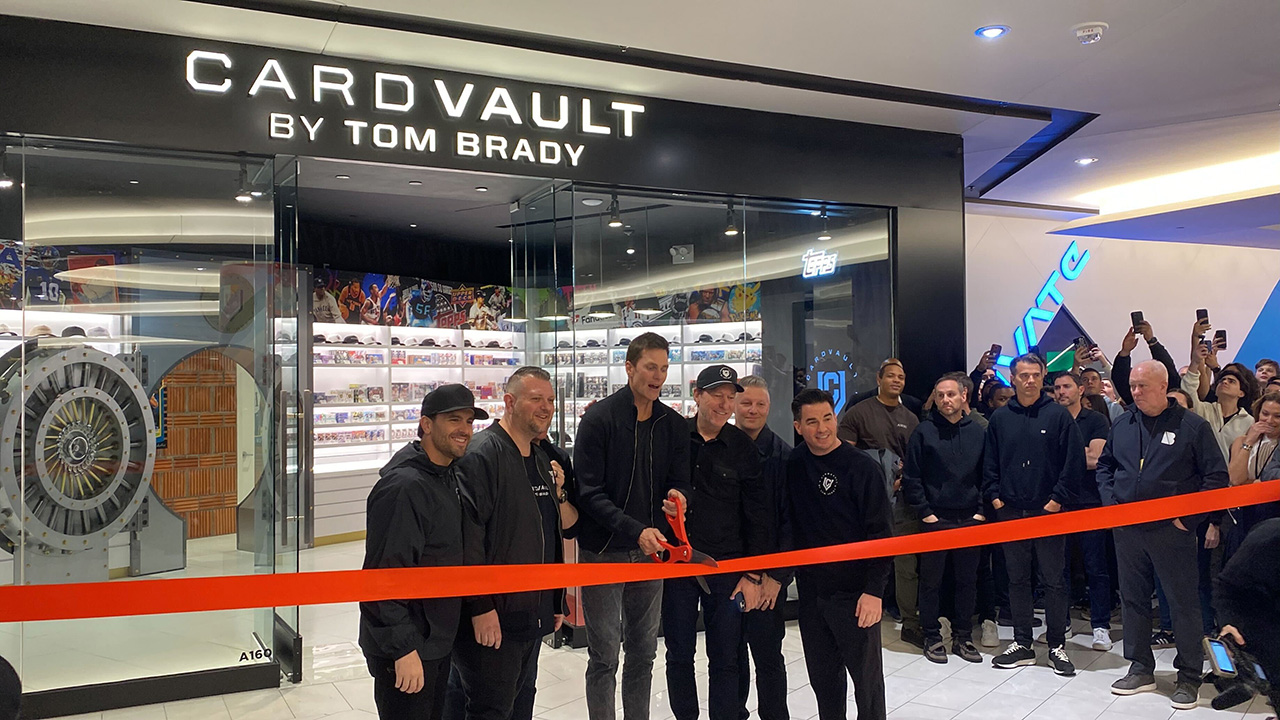Beyond the beat: How European music tech startups and AI are shaping creative futures

Europe’s music streaming market generated a significant €11.13 billion in 2024. And that’s just the surface. Beneath the commercial growth, a deeper transformation is underway, pushed by the AI acceleration but also by a new generation of tech-savvy European founders who are reshaping music, media, and the creative industries.
This shift was on full display at Sónar+D 2025, Barcelona’s influential gathering for creative professionals. More than a showcase, the event provided space for learning, critical reflection, and future-focused conversations on how technology is redefining the relationship between creativity, innovation, and commerce.
Artificial intelligence unsurprisingly dominated the agenda, not only in the speeches and panels but also during the startup pitch session co-organised by MusicTech Europe and the Barcelona Music Tech Hub. The session, which we followed with particular attention, highlighted a wide range of European startups using AI to augment, rather than replace, human creativity.
The conference’s three core themes, AI + Creativity, Futuring the Creative Industries, and Worlds to Come, showed how European innovators are moving beyond mainstream AI use cases. From brain-computer interfaces and quantum computing to ethically conscious AI systems, Europe is trying to follow a distinctive path that doesn’t simply mirror Silicon Valley.
Startup spotlights from the MusicTech pitch session
The following startups were among those featured in the MusicTech Europe and Barcelona Music Tech Hub pitch session, offering a window into the emerging landscape of European music innovation:
AI in Artist Discovery: German startup AIDAR (short for “AI-driven A&R”), founded by Dr. Janek Meyn, offers a personalised AI scouting agent that learns the preferences of individual A&R managers. With over 3 million artists in its database and a SaaS model, AIDAR enables independent labels to access sophisticated discovery tools, once the domain of giants like Universal or Sony.
AI for Music Production: Italian startup Samplesound, led by CEO Andrea Ricci, streamlines production workflows by helping producers discover genre-specific samples and generate infinite variations quickly. Since launching its beta in 2024, the platform has gained strong traction, showing the growing demand for creative tools that enhance productivity without sacrificing artistic control.
New Models for Music Education: Synegram, which transforms music into geometrical shapes using synesthesia, proposes a new way to see, learn, and create music – a concept that caught the audience’s attention. Already awarded at SXSW in Austin, the startup plans to launch its subscription platform in October 2025, aiming to transform the way music is taught and learned globally.
Financial innovation and rights management
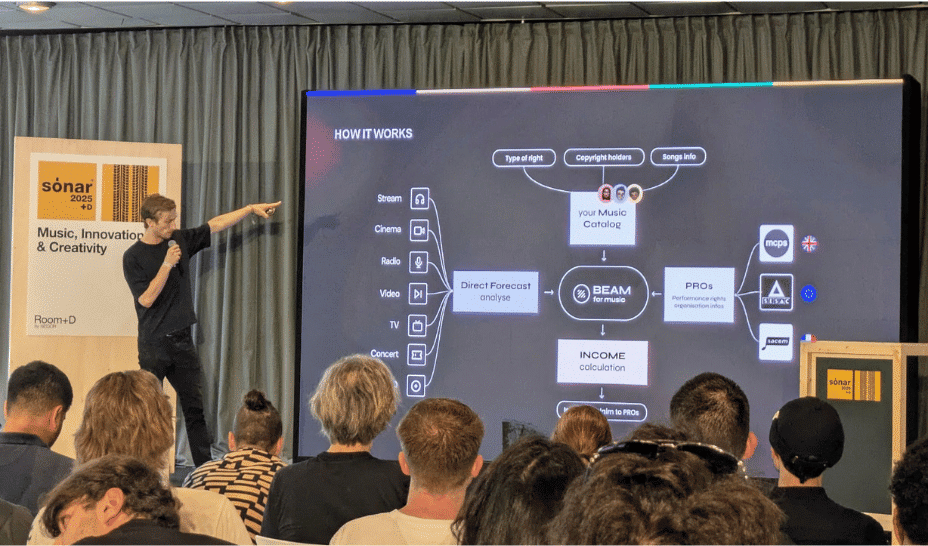
Also among the pitch participants were startups tackling financial and legal inefficiencies in the industry
- BEAM for Music, founded by Thomas Zandrowicz in Paris, aggregates royalty and usage data to deliver real-time insights. The platform is already working with clients like Sony and promises to save significant sums for publishers while empowering independent creators.
- SongsWallet merges fintech with music by offering custom Mastercard debit cards for direct royalty payments. Artists can also use their royalties as collateral for cash advances, with an innovative model that modernises how musicians access capital.
Sustainable and ethical marketplaces
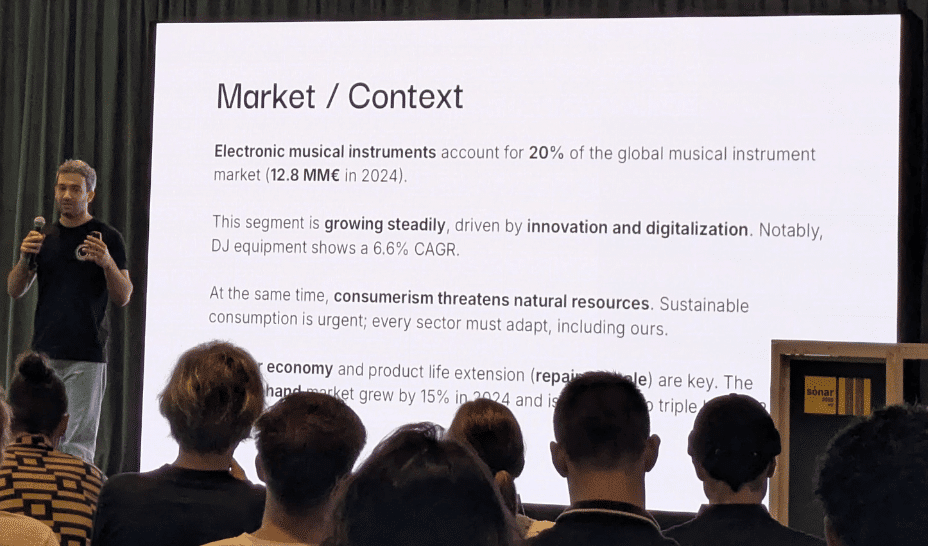
As demand for second-hand gear rises, certified marketplaces are emerging across Europe — take, for instance, the success of Back Market with refurbished electronics or WeBuyCycles with bikes. Sounds Market, based in Barcelona, goes niche on music, by operating a certified second-hand marketplace for DJ and music equipment. The platform currently offers repairs, warranties, and affordability to over 70,000 users.
Amid growing concern over scalping and dynamic pricing, Italy’s Ticketoo offers welcome relief for event-goers. Ticketoo fan-to-fan ticket resale platform where it is not possible to sell tickets above face value, has already attracted 300,000 users. With expansion plans in other European countries, it positions itself as a Vinted for ticket events, catering to transparency-conscious fans.
Creativity and innovation meet critical thinking
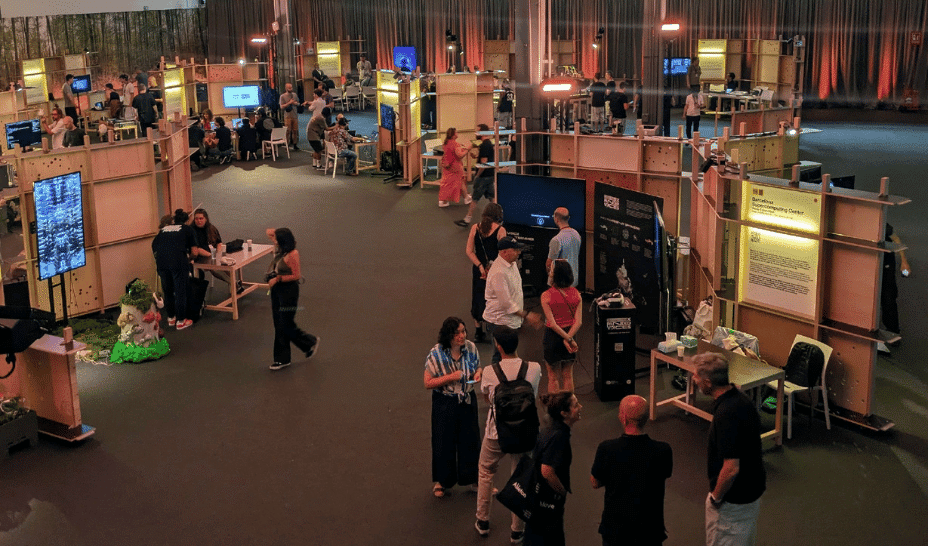
Sónar+D 2025 wasn’t just about pushing innovation, as the event also made space for critical perspectives on technology’s impact. The Project Area featured over 70 experimental installations blending technology, design, and speculative research. Notable highlights included Rafa Roeder’s exploration of digital exhaustion, Lawrence Lek’s therapeutic cyborg gaming concept, Vanessa Lorenzo’s quantum computing residency, and Xin Liu’s live genome printing experiment.
Several student projects displayed in the area were especially brilliant. A standout in that sense was one called the Doom Race, an installation by Berta Ferrer, Sergi Bosch, and Alba Martínez, students from ELISAVA Barcelona School of Design and Engineering. It examined how digital algorithms shape human behaviour, from doom-scrolling to data labour. The project echoed European concerns about algorithmic transparency, data privacy, and digital rights, making it straightforward to see how our infinite scrolling makes social media platforms richer.
A reminder for cautious optimism
While the promise of AI and new technologies in music is exciting, it’s impossible to ignore the broader challenges we face. Be it the risks of unchecked AI or the need for thoughtful debate about how we shape and set boundaries for technology’s role in our lives.
Amid all the tough questions and necessary scepticism regarding the festival’s current political situation, the energy and creativity on display were a good reminder for everyone that innovation can still be a source of hope and inspiration. Even in uncertain times, there’s room for connection, learning, and forward-looking ideas.
The post Beyond the beat: How European music tech startups and AI are shaping creative futures appeared first on EU-Startups.
What's Your Reaction?
 Like
0
Like
0
 Dislike
0
Dislike
0
 Love
0
Love
0
 Funny
0
Funny
0
 Angry
0
Angry
0
 Sad
0
Sad
0
 Wow
0
Wow
0




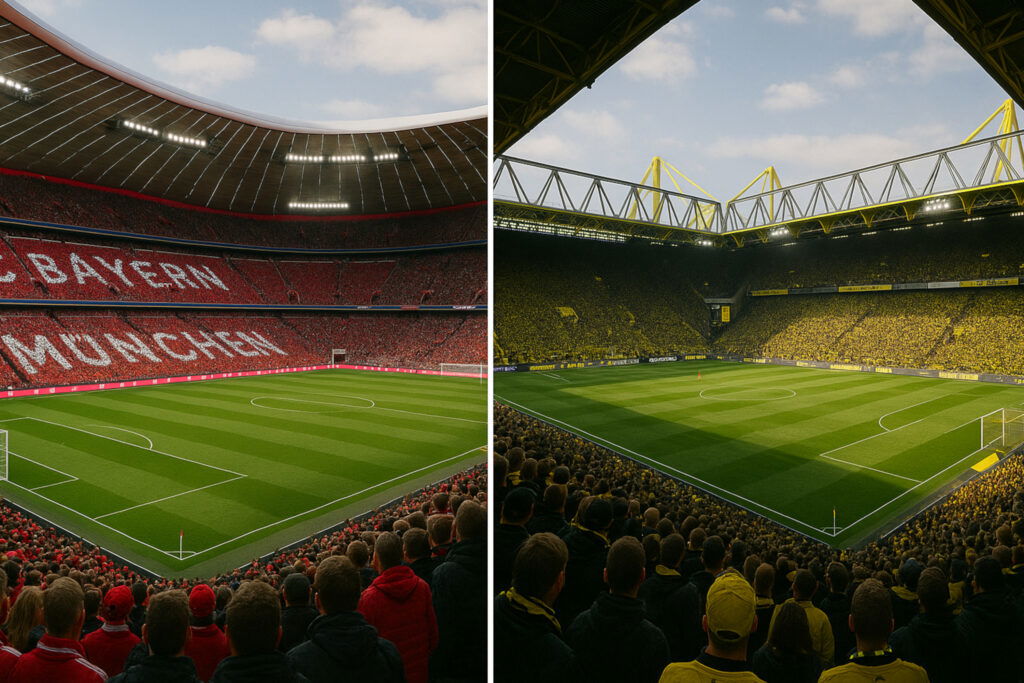



















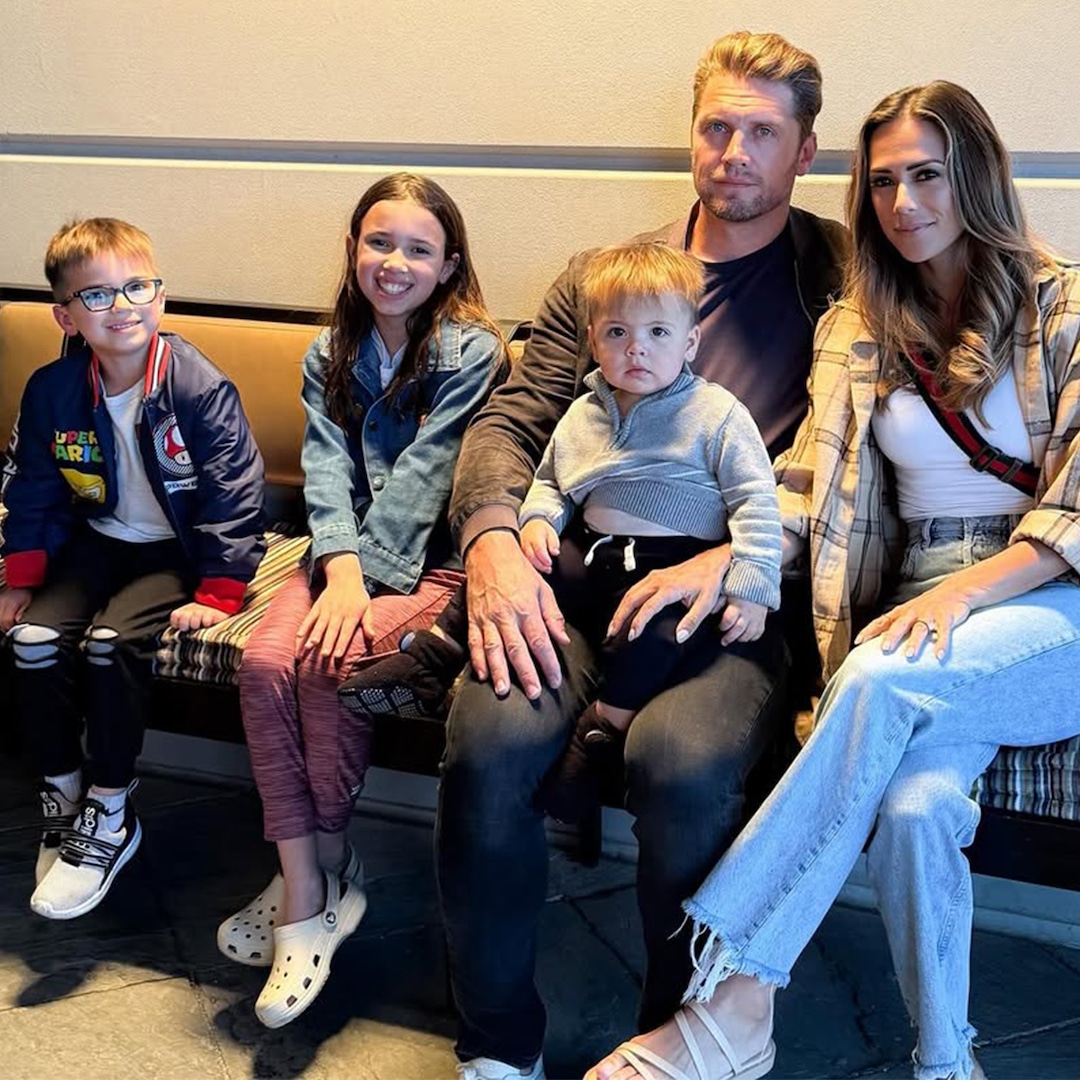
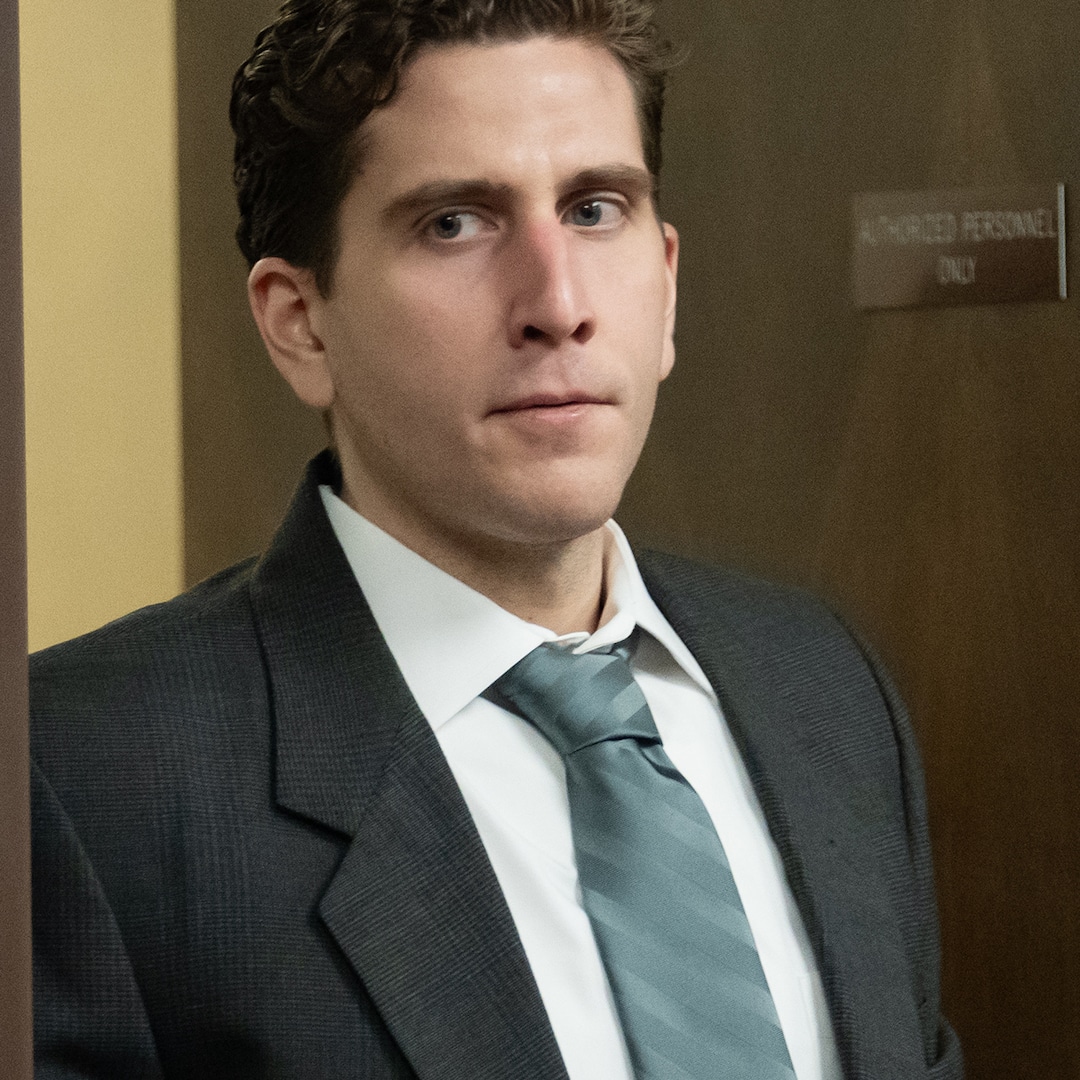




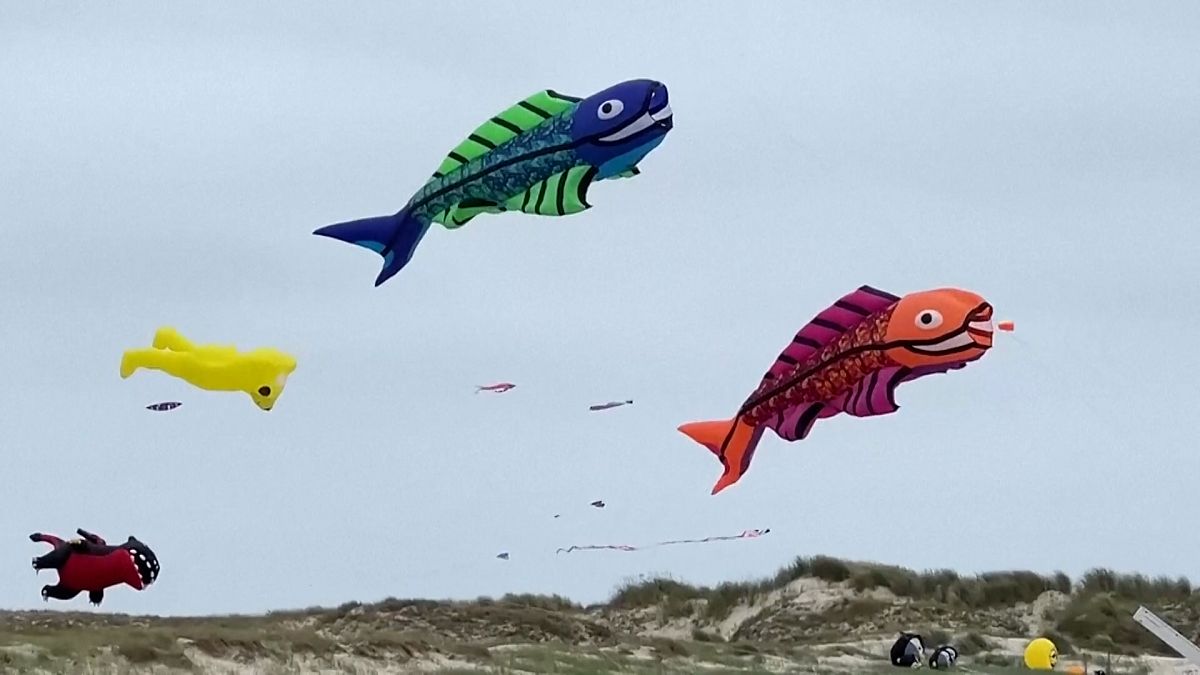


















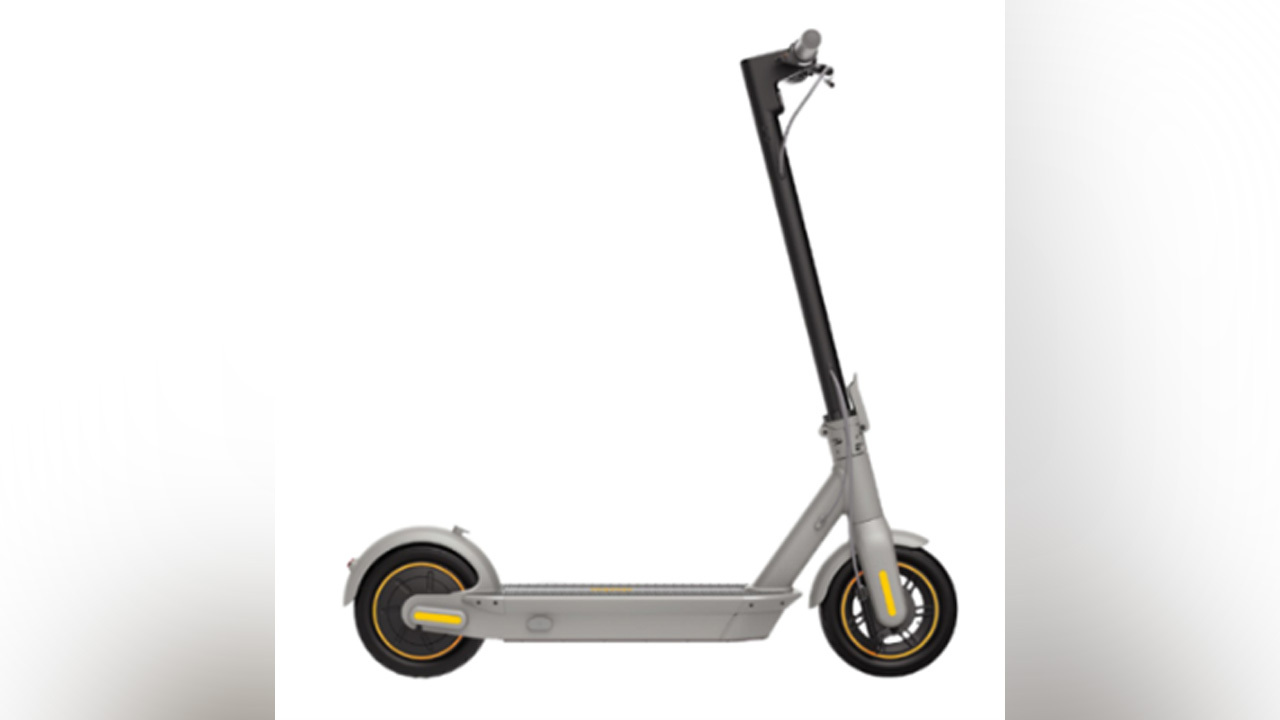




.png?Expires=1838763821&Key-Pair-Id=K2ZIVPTIP2VGHC&Signature=IO0~CT3pU-TcxGc~yoZSmoQx23MZVuK-~4jSii~NKEblRmyO3el7NXPu~Rh1o23voASg7hlcHLw4kvQuDK1jssEhcjoNBBvEpZ~GGOAU6yosBhpHpeF179F~h7i6VxmsBNh9gtTutkoqY73O2YCFey~IAqSzKbBqETP1kP9cAg1916Z1YkJJs-5MliMrkZ5d7-mWGLbpHp2wGj2VlMph8XzYlL4~y1O7fB~JdIS~Rs4RMRs2x0WT1qUIpHAsf3GdwtOyAmKFSpIg8xCyNGZZ5h~13nXlmpd7uPvW8tBfttpG9pFTqcway-uch5WyfHOEfi7UlJCOWrr6fCYY5PMgSg__)





